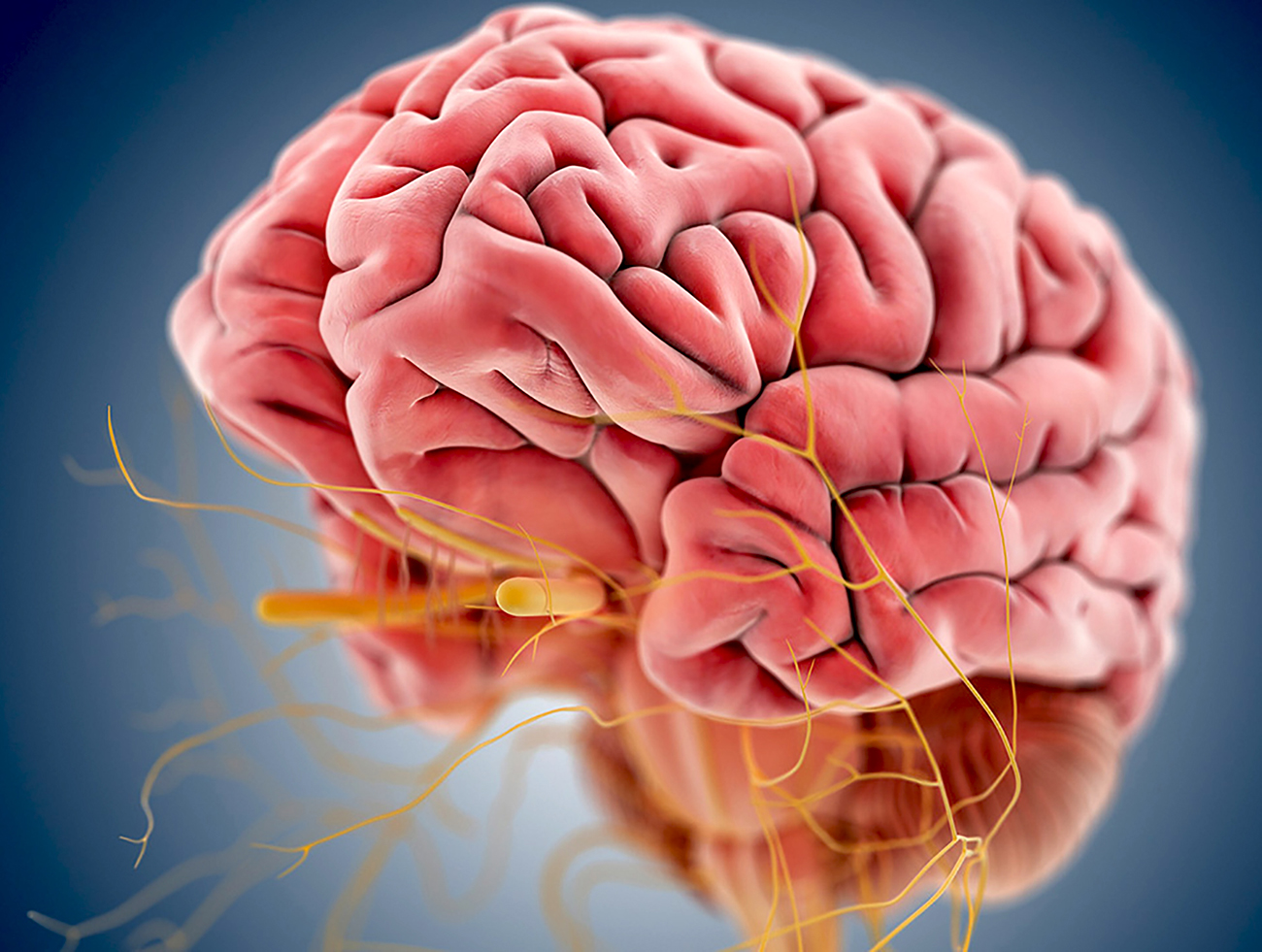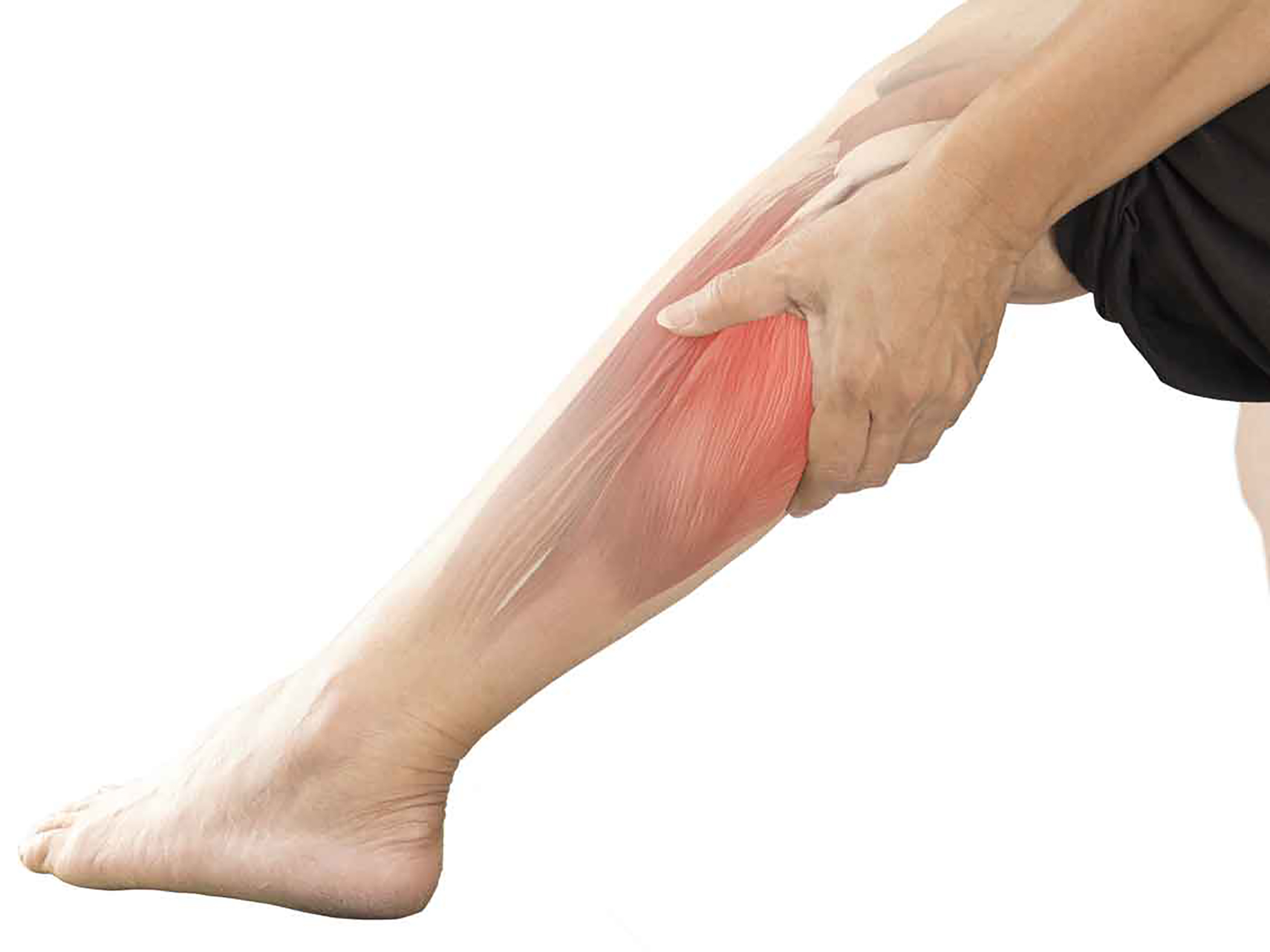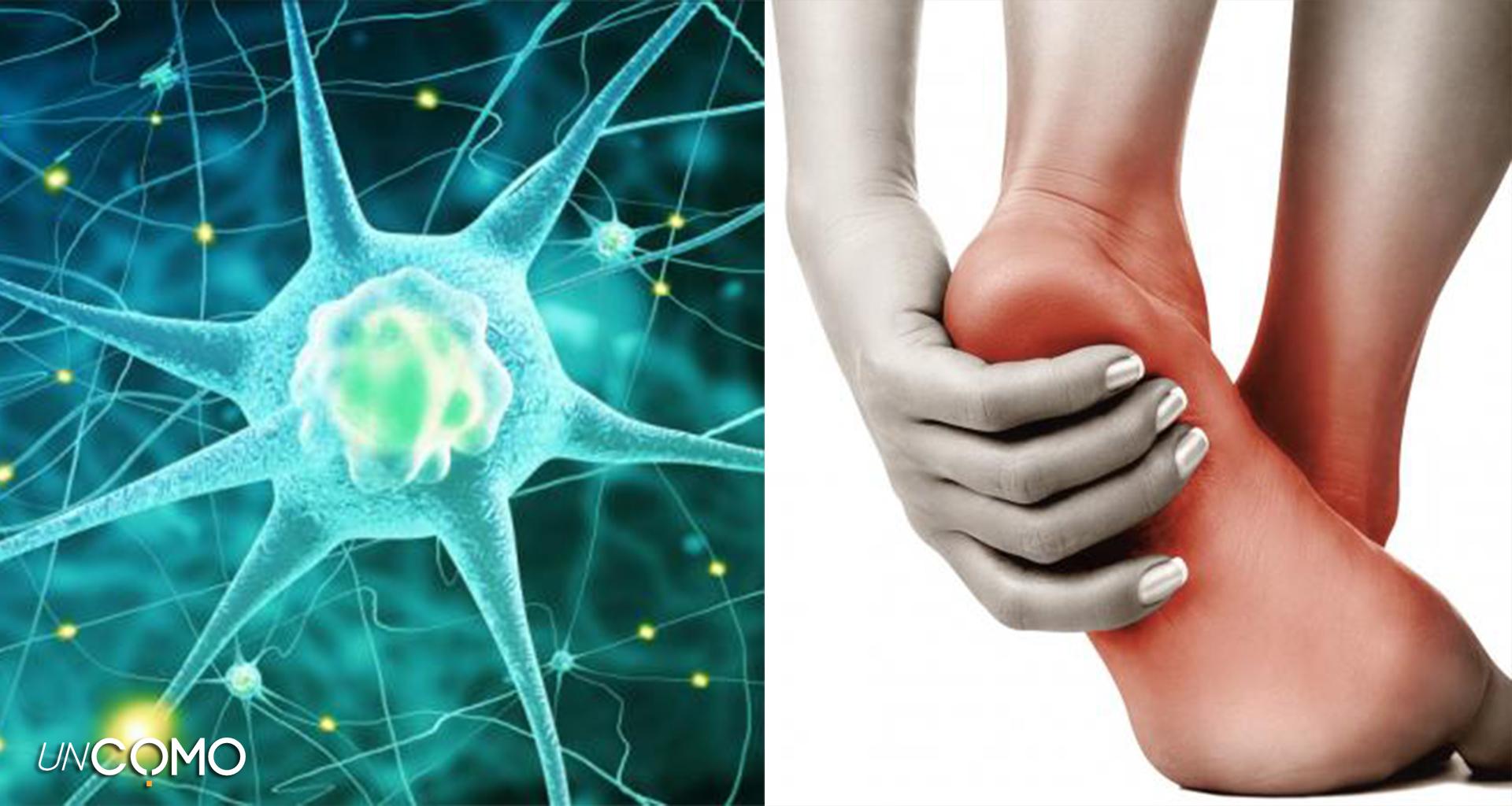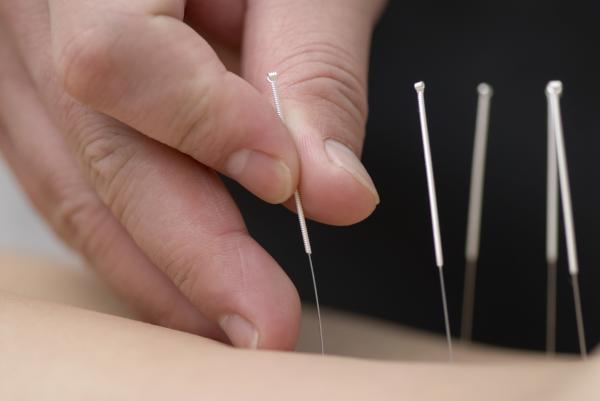
Peripheral neuropathy refers to the conditions that result when nerves that carry messages to and from the brain and spinal cord from and to the rest of the body are damaged or diseased.

New York, by Ed Hosseinipour, Specialty Pharmacist. The peripheral nerves make up an intricate network that connects the brain and spinal cord to the muscles, skin, and internal organs. Peripheral nerves come out of the spinal cord and are arranged along lines in the body called dermatomes.
Typically, damage to a nerve will affect one or more dermatomes, which can be tracked to specific areas of the body. Damage to these nerves interrupts communication between the brain and other parts of the body and can impair muscle movement, prevent normal sensation in the arms and legs, and cause pain.

Types of Peripheral Neuropathy:There are several different kinds of peripheral neuropathies that stem from a variety of causes. They range from carpal tunnel syndrome (a traumatic injury common after chronic repetitive use of the hands and wrists, such as with computer use) to nerve damage linked to diabetes.
As a group, peripheral neuropathies are common, especially among people over the age of 55. All together, the conditions affect 3% to 4% of people in this group. Neuropathies are typically classified according to the problems they cause or what is at the root of the damage. There also are terms that express how extensively the nerves have been damaged
HIV Neuropathy:It is estimated that nearly one-third of people with HIV/AIDS experience some peripheral nerve damage. For patients with HIV/AIDS, peripheral neuropathy can by caused by the virus itself, by certain drugs used in the treatment of HIV/AIDS or other complications, or as a result of opportunistic infections (e.g., cytomegalovirus [CMV], candidiasis [thrush], herpes, tuberculosis).

Neuropathy could also result from other associated causes, such as heavy alcohol consumption and vitamin deficiency.
AIDS and HIV peripheral neuropathy symptoms patients usually experience include burning, stiffness, prickling, tingling, and numbness or a loss of feeling in the toes and soles of the feet. Sometimes the nerves in the fingers, hands, and wrists are also affected. Although relatively uncommon, pain above the ankles could indicate more severe nerve damage.
HIV/AIDS Drugs That Can Cause Neuropathy:
Peripheral neuropathy is a potential side effect of certain medications used to treat HIV/AIDS. Nucleoside reverse transcriptase inhibitors (NRTIs), or “d-drugs”, are most frequently associated with peripheral neuropathy. This group of drugs includes: ddI: Didanosine, Videx®, ddC: Zalcitabine, Hivid®, d4T: Stavudine, Zerit®
Other forms of NRTIs (3TC [Epivir®, AZT [Retrovir®], and abacavir [Ziagen®], along with non-nucleoside reverse transcriptase inhibitors (NNRTIs) and protease inhibitors, are not generally associated with peripheral neuropathy.

Hydroxyurea (Droxia®, Hydrea®), a drug used to treat cancer that may also help certain anti-HIV drugs work better, appears to increase the risk of peripheral neuropathy
Other drugs used in the treatment of HIV-related disorders that can increase the chance of developing peripheral neuropathy include:
- Dapsone, used for pneumocystis pneumonia (PCP)
- Isoniazid, (INH, Nydrazid®), used to treat tuberculosis
- Metronidazole (Flagyl®), used to treat amoebic dysentery and microsporidiosis
- Vincristine (Oncovin®), used for Kaposi’s sarcoma (KS) and non-Hodgkin’s lymphoma
- Thalidomide, used to treat cancers, wasting syndrome and severe mouth ulcers
- Ethambutol (Myambutol®), used to treat Mycobacterium avium complex (MAC) and other bacterial infections

Peripheral neuropathy caused by these medications can often be treated by reducing the dosage or withdrawing the drug. Although it can take several months for the nerves to completely heal after discontinuing these treatments, the patient may start to feel better within a few weeks. In extreme cases, the nerve damage may be permanent.
Treatment options for peripheral neuropathy in your feet:
The main treatment options for someone who has neuropathy pain in the feet include prescription medications, topical pain relievers and acupuncture.
Prescription medication is usually the first treatment method for neuropathy in the feet, claims HowStuffWorks. Antidepressants and anti-convulsants are considered first for neuropathy pain, but prescription pain relievers such as oxycodone and morphine may also be an option for extreme cases. The pain medications come with many side effects, however, so are often reserved for only certain individuals.
Topical treatments are also utilized for neuropathy in the feet. Lidocaine and capsaicin are the most common topical treatments. Lidocaine has been around for decades and it is usually given in the form of patches. Capsaicin is derived from peppers and available over the counter. However, usually this isn’t enough to ease the pain of neuropathy, so prescription capsaicin treatments are available.

Acupuncture is an alternative treatment for neuropathy pain in the feet, states HowStuffWorks. The goal and belief of acupuncture are to bring balance to the body and reduce pain by stimulating certain areas with needles. This is said to stimulate the qi, the vital energy found in the body.
Baron Pharmacy is happy and able to offer more specific information to all patients tailored to their unique situation, and can recommend and arrange for the most proper and effective treatment for each patient. Please feel free to make an appointment to see our specialty pharmacist for a free consultation.[ENG]
